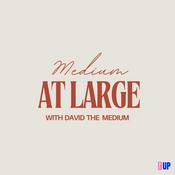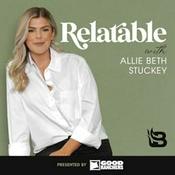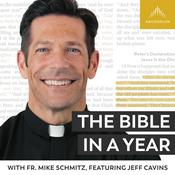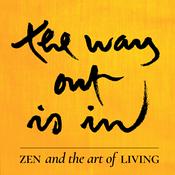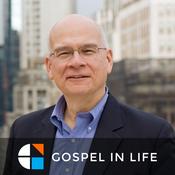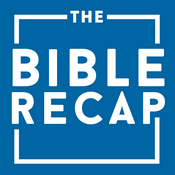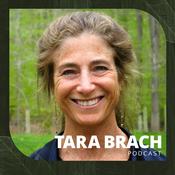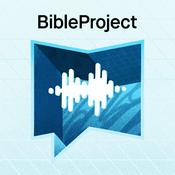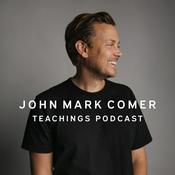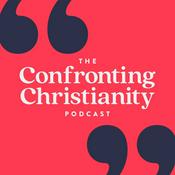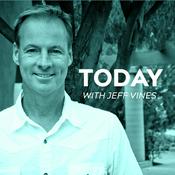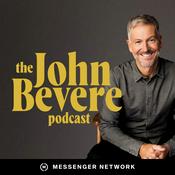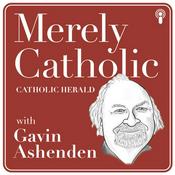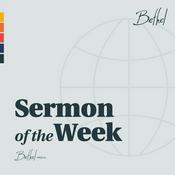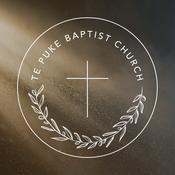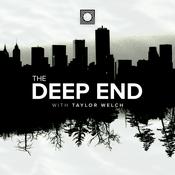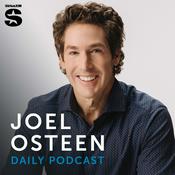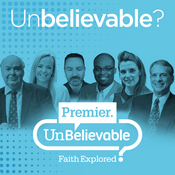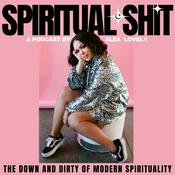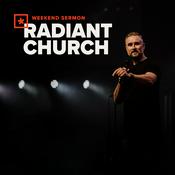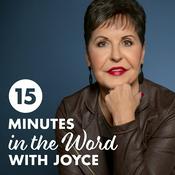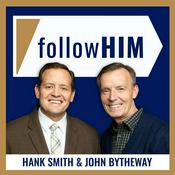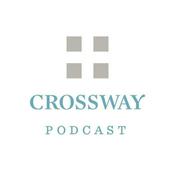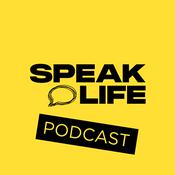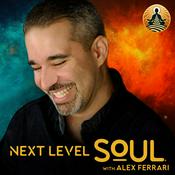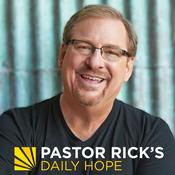Judaism for the Thinking Person
Rabbi Nadav Caine
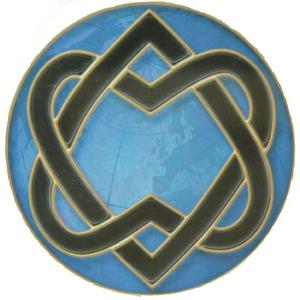
Latest episode
111 episodes
- Drawing on the book "(Un)kind: How 'Be Kind' Entrenches Sexism" by Victoria Smith and Ellen Scherr's essay "The Neuroscience of Why You Suddenly Can’t Pretend Anymore," I examine Jacob's deathbed blessings to his sons, which are impartial statements of fact with neither personal commentary nor people-pleasing softening. I see in my own life the draw of middle age to convey factual statements without personal judgment, but the societal messages that everything has to be couched in uplifting, taking-care-of-others'-feelings language or you're a bad person or a bad supervisor.
- At the end of Genesis, Joseph centralizes the agricultural system of Egypt, saving the country from collapse due to upcoming years of bad crops (e.g. due to drought), but turning farmers into serfs upon their own land in the process. The Rabbis debate whether Joseph did a good thing or a bad thing to the people. I take two stories from the headlines to take each side of this debate: first, the collapse of American farms due to corporate monopolies (turning American farmers into serfs on their own land), and second, the upcoming collapse of great world cities like Tehran if they refuse to centralize power and exercise eminent domain to enforce collective action.
- My Kol Nidrei 2025 Sermon on how our phones are amplifying the centrifugal force of the pull of our individual lives, sacrificing the centripetal force of community, by holding out a fake community, a false version of ourselves (the shadow masquerading as the soul), and building Temples for us to worship the A.I. gods.
- This is a revision of a podcast I released several years ago. It focuses on Isaac as the patriarch of Imposter Syndrome. In my own life, I've come to make peace with my own Imposter Syndrome, seeing the anxiety I must live with as a gift that leads me not to shame, but to service. It has made me appreciate Isaac enormously.
More Religion & Spirituality podcasts
Trending Religion & Spirituality podcasts
About Judaism for the Thinking Person
Scholarly, Compassionate, and Practical Jewish Teachings on God, Prayer, Torah and Kabbalah with Rabbi Nadav Caine (ravnadav)
Podcast websiteListen to Judaism for the Thinking Person, Medium at Large and many other podcasts from around the world with the radio.net app

Get the free radio.net app
- Stations and podcasts to bookmark
- Stream via Wi-Fi or Bluetooth
- Supports Carplay & Android Auto
- Many other app features
Get the free radio.net app
- Stations and podcasts to bookmark
- Stream via Wi-Fi or Bluetooth
- Supports Carplay & Android Auto
- Many other app features


Judaism for the Thinking Person
Scan code,
download the app,
start listening.
download the app,
start listening.

